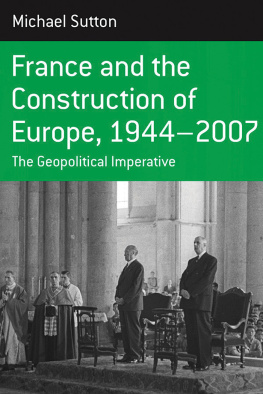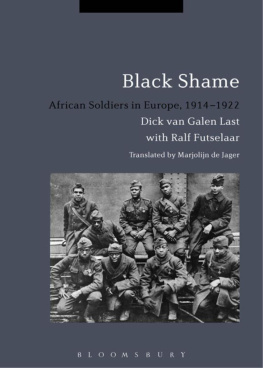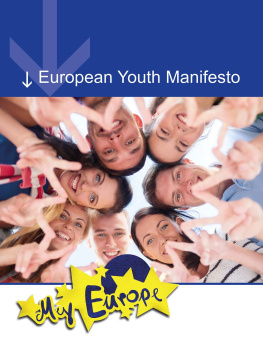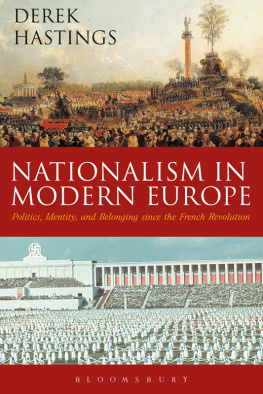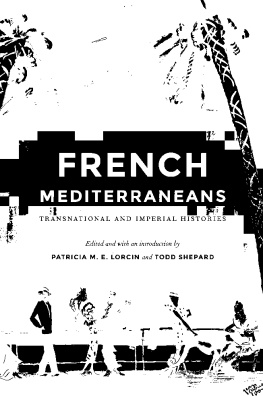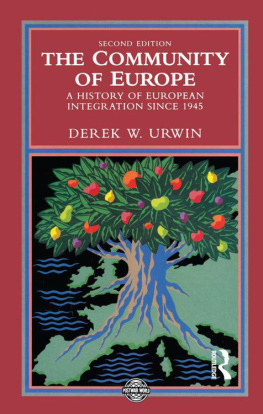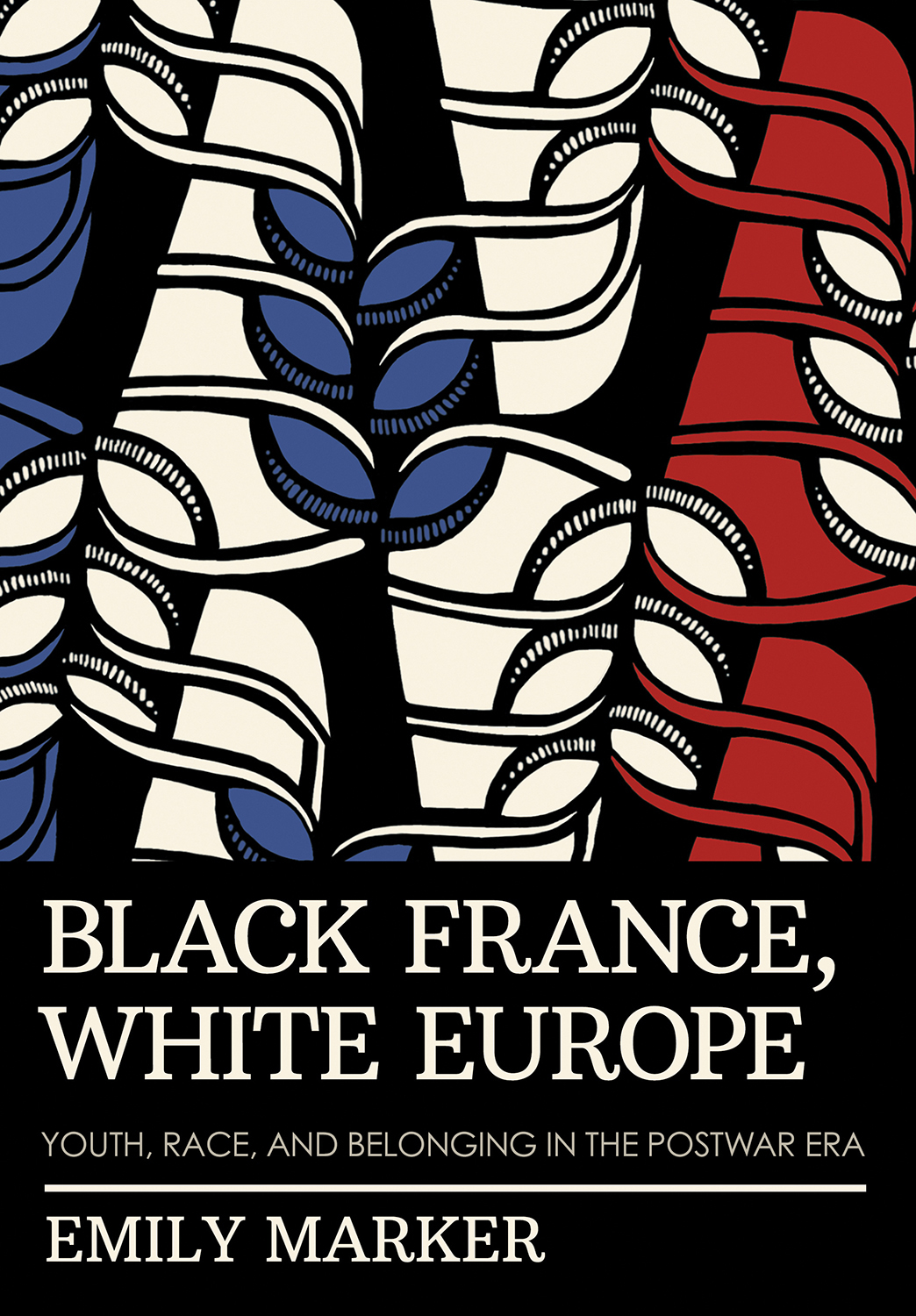Emily Marker - Black France, White Europe: Youth, Race, and Belonging in the Postwar Era
Here you can read online Emily Marker - Black France, White Europe: Youth, Race, and Belonging in the Postwar Era full text of the book (entire story) in english for free. Download pdf and epub, get meaning, cover and reviews about this ebook. City: Ithaca, year: 2022, publisher: Cornell University Press, genre: Science. Description of the work, (preface) as well as reviews are available. Best literature library LitArk.com created for fans of good reading and offers a wide selection of genres:
Romance novel
Science fiction
Adventure
Detective
Science
History
Home and family
Prose
Art
Politics
Computer
Non-fiction
Religion
Business
Children
Humor
Choose a favorite category and find really read worthwhile books. Enjoy immersion in the world of imagination, feel the emotions of the characters or learn something new for yourself, make an fascinating discovery.

- Book:Black France, White Europe: Youth, Race, and Belonging in the Postwar Era
- Author:
- Publisher:Cornell University Press
- Genre:
- Year:2022
- City:Ithaca
- Rating:3 / 5
- Favourites:Add to favourites
- Your mark:
Black France, White Europe: Youth, Race, and Belonging in the Postwar Era: summary, description and annotation
We offer to read an annotation, description, summary or preface (depends on what the author of the book "Black France, White Europe: Youth, Race, and Belonging in the Postwar Era" wrote himself). If you haven't found the necessary information about the book — write in the comments, we will try to find it.
Black France, White Europe illuminates the deeply entangled history of European integration and African decolonization. Emily Marker maps the horizons of belonging in postwar France as leaders contemplated the inclusion of Frances old African empire in the new Europe-in-the-making. European integration intensified longstanding structural contradictions of French colonial rule in Africa: Would Black Africans and Black African Muslims be French? If so, would they then also be European? What would that mean for republican France and united Europe more broadly?
Marker examines these questions through the lens of youth, amid a surprising array of youth and education initiatives to stimulate imperial renewal and European integration from the ground up. She explores how education reforms and programs promoting solidarity between French and African youth collided with transnational efforts to make young people in Western Europe feel more European. She connects a particular postwar vision for European unitywhich coded Europe as both white and raceless, Christian and secularto crucial decisions about what should be taught in African classrooms and how many scholarships to provide young Africans to study and train in France. That vision of Europe also informed French responses to African student activism for racial and religious equality, which ultimately turned many young francophone Africans away from France irrevocably.Black France, White Europe shows that the interconnected history of colonial and European youth initiatives is key to explaining why, despite efforts to strengthen ties with its African colonies in the 1940s and 1950s, France became more European during those years.
Emily Marker: author's other books
Who wrote Black France, White Europe: Youth, Race, and Belonging in the Postwar Era? Find out the surname, the name of the author of the book and a list of all author's works by series.

